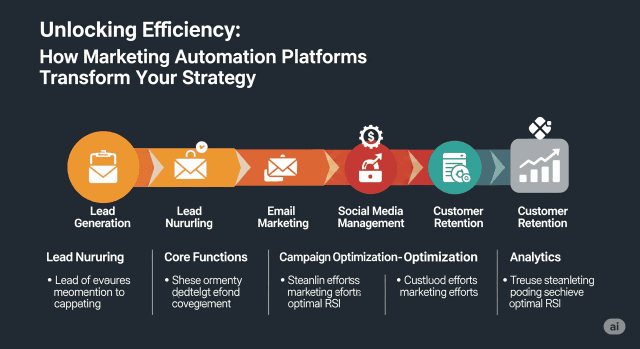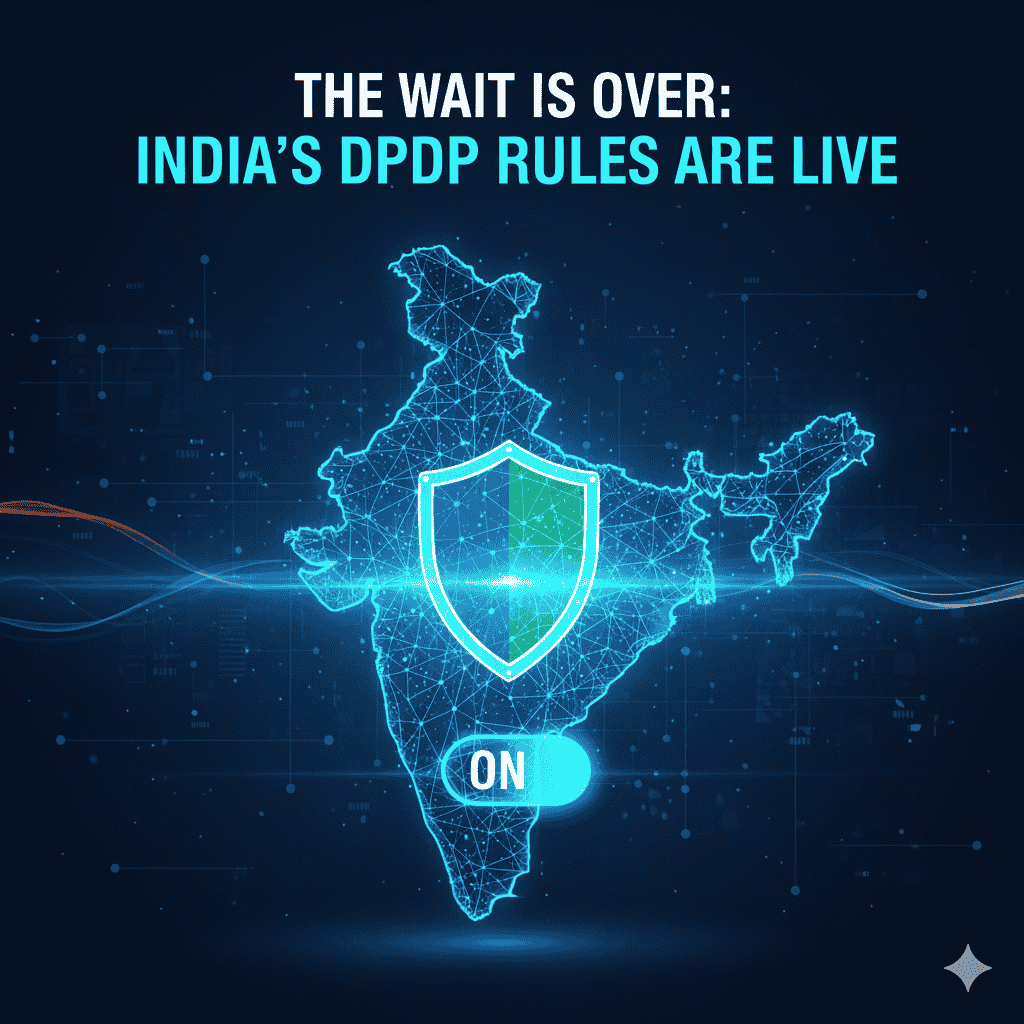In the fast-paced world of digital marketing, efficiency and effectiveness are paramount for businesses striving to remain competitive. With the rise of marketing automation platforms, organizations now have tools that not only streamline marketing processes but also enhance customer engagement and drive growth. This article delves into how these platforms transform marketing strategies, unlocking unparalleled efficiency and effectiveness.
1. Understanding Marketing Automation
Marketing automation refers to technology that automates marketing tasks, ranging from email marketing and social media management to customer segmentation and analytics. By automating repetitive tasks, businesses can save time and resources, allowing their marketing teams to focus on strategy and creative execution.
2. Streamlining Workflows
One of the primary benefits of marketing automation platforms is the ability to streamline workflows. With integrated tools, marketers can manage campaigns from a single dashboard, reducing the need to switch between multiple applications. This not only saves time but also minimizes the risk of errors associated with manual data entry and repetitive tasks.
- Example: A company using a marketing automation platform can schedule social media posts, send personalized emails, and track website analytics all from one interface, creating a cohesive marketing strategy.
3. Enhanced Customer Targeting
Effective marketing hinges on understanding and targeting the right audience. Automation platforms utilize advanced analytics and AI to segment audiences based on behavior, demographics, and preferences. This enables marketers to deliver personalized content that resonates with potential customers.
- Example: A brand can segment its audience into subgroups—such as new customers, repeat buyers, or inactive users—and create tailored campaigns for each, significantly increasing engagement rates.
4. Improved Lead Nurturing
Marketing automation platforms excel at implementing lead nurturing campaigns. Through automated workflows, businesses can guide prospects through the sales funnel with targeted content, improving the chances of conversion. By sending timely and relevant information, such as follow-up emails or promotional offers, companies can maintain engagement and enhance the customer journey.
- Example: A SaaS company might send a series of onboarding emails that provide additional resources and tips, helping to ensure new users maximize product value, decreasing churn rates.
5. Analyzing Performance in Real-Time
Data-driven decision-making is crucial in today’s marketing landscape. Automation platforms provide real-time analytics that allow marketers to measure campaign performance, assess ROI, and uncover insights. This capability enables companies to adjust their strategies quickly, optimizing campaigns for better results.
- Example: By analyzing open and click-through rates of email campaigns, a company can swiftly identify what messaging resonates with its audience and refine its content accordingly.
6. Facilitating Collaborative Efforts
Effective marketing requires collaboration among various departments. Marketing automation platforms often support team collaboration, allowing for collective content creation and campaign management. With features like shared calendars, task assignments, and communication tools, teams can work together more efficiently.
- Example: A marketing team can use shared project boards in their automation platform to launch campaigns, track progress, and ensure everyone is aligned on objectives.
7. Cost Efficiency and Resource Management
Implementing a marketing automation platform can lead to significant cost savings. By automating tasks that would otherwise require multiple employees, businesses can allocate their human resources to more strategic roles. Moreover, improved targeting and lead nurturing can lead to higher conversion rates, maximizing the return on marketing investments.
- Example: A small business might find that by automating email marketing and social media campaigns, it can effectively compete with larger players without significantly increasing its marketing budget.
8. Future-Proofing Your Marketing Strategy
As technology continues to evolve, so too do consumer expectations. Marketing automation platforms are not just a trend; they are a crucial component of modern marketing strategies. Investing in these platforms enables businesses to keep pace with changing consumer behaviors and preferences, ensuring they remain relevant and competitive.
- Example: Companies that leverage automation tools are better equipped to adapt to emerging channels—like TikTok or AI chatbots—ensuring they capture opportunities as they arise.
Conclusion
In an era where time is money and customer expectations are continually rising, marketing automation platforms offer businesses the efficiency and flexibility they need to thrive. By streamlining workflows, enhancing targeting, and improving lead nurturing, these tools not only transform marketing strategies but also drive business growth. Embracing automation is no longer an option; it’s a necessity for organizations that aspire to lead in their industries. Unlocking efficiency through marketing automation can pave the way for a more strategic, engaging, and ultimately successful marketing approach.









